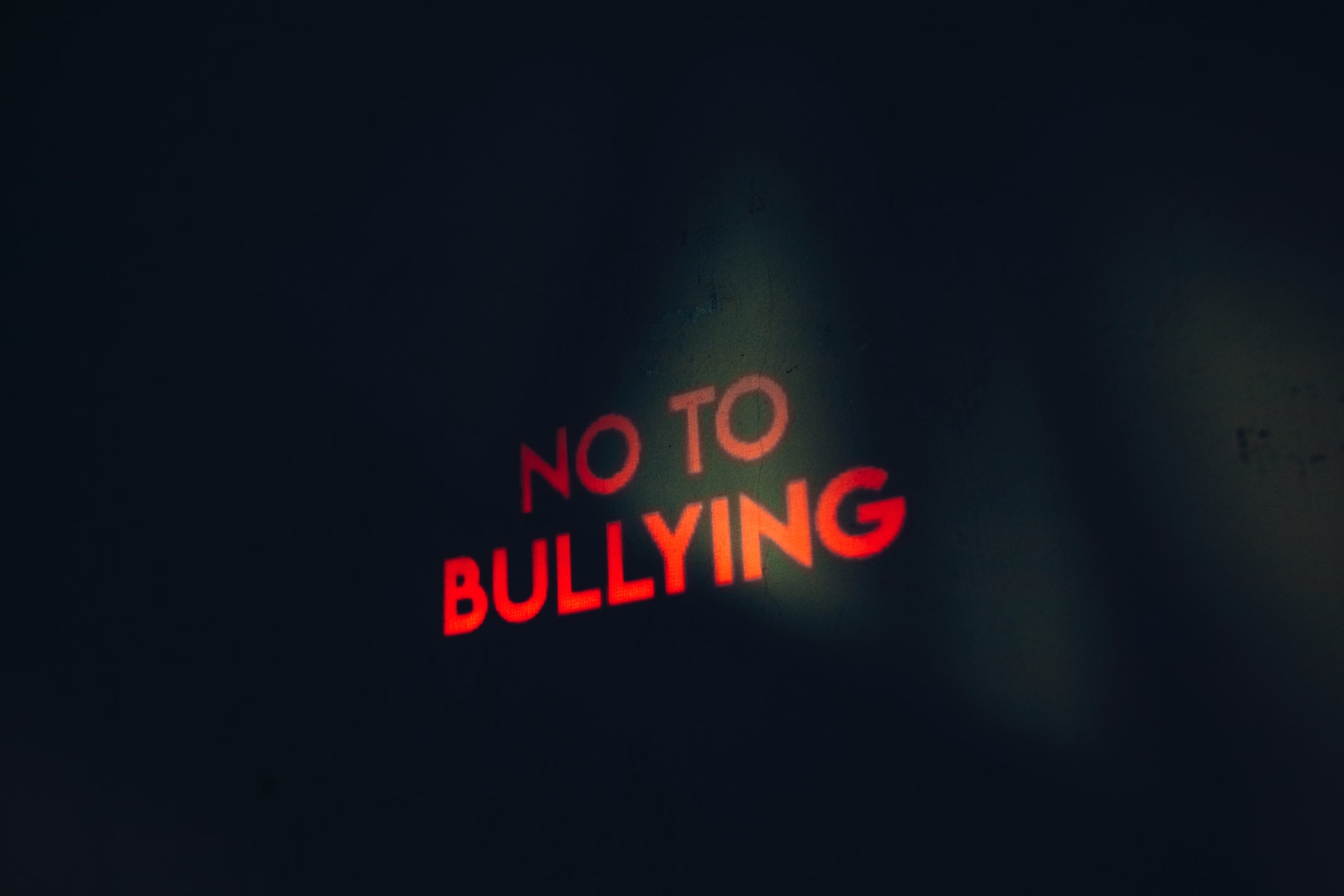I’ve been bullied.
I was the leader.
Bullying is common in the workplace.
We often associate bullying with childhood experiences in the playground. Indeed, some years ago I facilitated a workshop on bullying. Many of the participants couldn’t identify with the experience. They believed this debilitating behaviour was confined to immature children and school pranks.
Yet as we’ve seen in the UK, bullying is prevalent in government and the civil service. And I’ve experienced bullying in the private sector and volunteer organisations. While one of my bullies fitted a common stereotype – a man, a power imbalance, my boss, overwhelmed and stressed who resorted to a ‘Command and Control’ style of the leadership – others have been women, with backgrounds in psychology and coaching, in volunteer organisations and I was the leader.
Bullying is costly (money, time, morale, productivity), undermining and happens across all sectors and ages. It challenges our self-belief and confidence. It causes stress and poor decision-making. It erodes trust and loyalty. Matthew Taylor Chief Executive of the NHS Confederation and author of the Taylor Review into Modern Workplace Practices delves into bullying in a BBC Radio 4 programme entitled “Dirty Work”. I highly recommend listening to it.
I was able to deal with the bullying by seeking support from my mentors, people outside my organisations and professionals trained in handling toxic workplace environments. When I sought support I was surprised by how many senior people who seemed unflappable confided with me that they too had been subjected to bullying. I was also surprised that others who had witnessed bullying simply brushed it off as an emotional rant and ‘water off a duck’s back’. As different ‘observers’ we interpret and experience things differently.
We need to lift the cover of silence on bullying and equip leaders and colleagues with better coping strategies and appreciation of nuance.
If you are susceptible to bullies and would would like to learn how to respond differently contact sylvana@sylvanacaloni.com or +44 (0) 7952068133.

